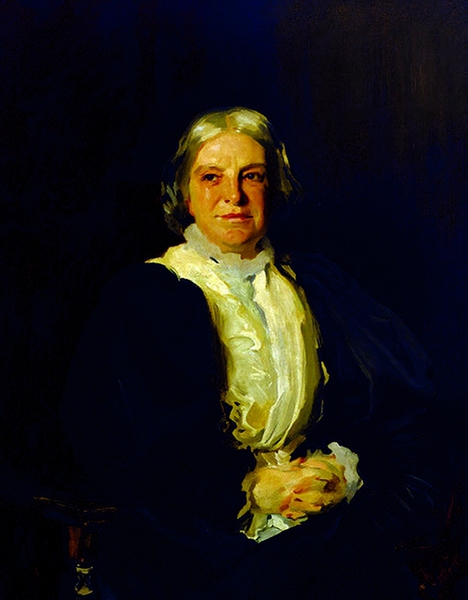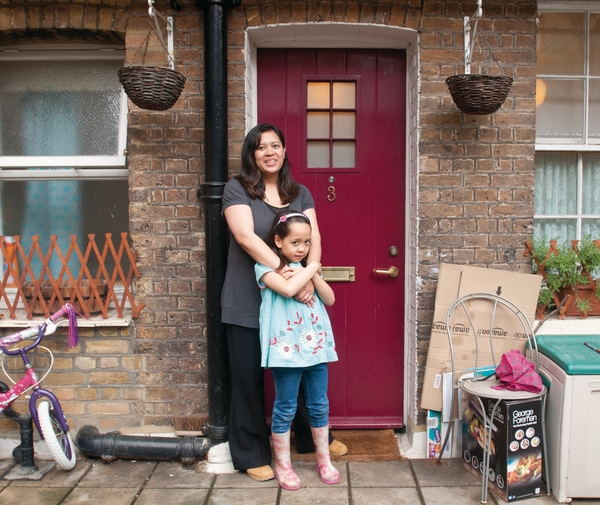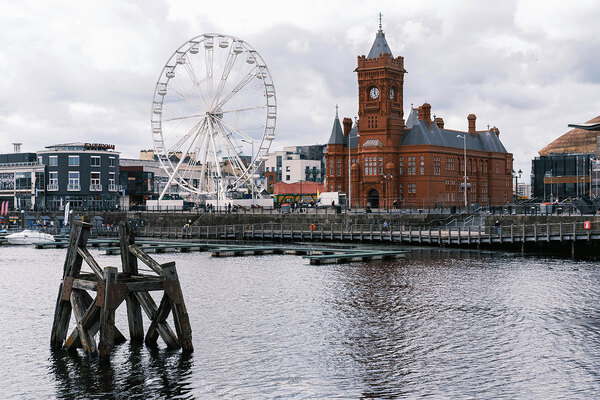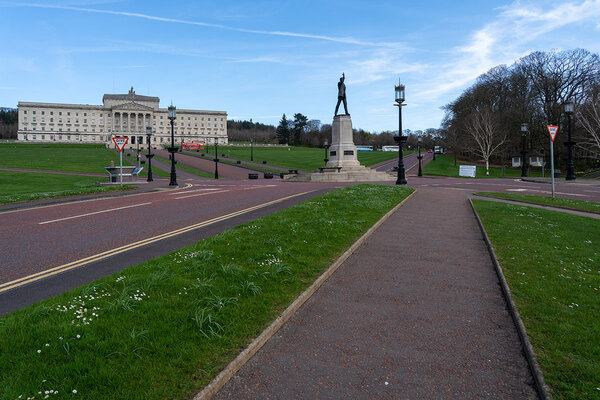You are viewing 1 of your 1 free articles
Building on roots
We must build on a rich heritage and create homes for the future without losing what was built up over a century, says Julia Unwin
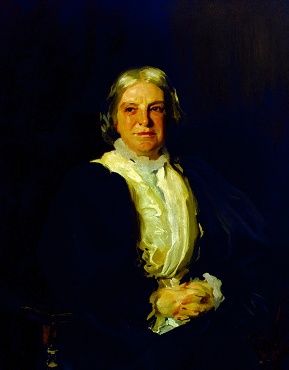
Source: NTPL/John Hammond
‘Octavia Hill: Her determination to offer opportunities for nobility, happiness and good family life is as relevant today as it was then.’
To have a good life we all need security and a place to call our own. If we are to hold down a job, raise a family, care for those we love and put down roots, we need stability and certainty.
But we also need to know that we can move if we have to and the opportunity to change if we need to. This much we know. It is housing which provides that platform of security, stability and opportunity. Octavia Hill, pioneer of what we now call social housing, had high ambitions. Her determination to offer opportunities for nobility, happiness and good family life is as relevant today as it was then.
Housing philanthropists like George Peabody, Joseph Rowntree, Samuel Lewis, and the Guinness dynasty knew this too. They devoted part of their fortunes to providing rented housing for people, offering dignity and stability to lives that were often characterised by the misery of insecurity and poverty.
Slums that had incubated disease were replaced by well-built housing, often in green environments, with a rent that could be afforded, even by those who earned a pittance. Unscrupulous, unregulated landlords who had made vast profits were challenged by the newer more permanent, adequately priced philanthropic, but business like, providers.
Thanks to them, and to the many local authorities and housing associations that followed, the UK broke the otherwise apparently inevitable link between poverty and squalor.
Today, people live in homes which they rent, part-own or buy. These homes are part of an important heritage, one that provides safety but also opportunity. Homes which allow some to save for a deposit, and become homeowners, while for others it provides long-term security. It is also an inheritance that has allowed more housing to be built, providing the asset base which has allowed the alchemy of public and private money which has in turn financed the building of more homes.
For JRHT, the association I lead, the creation of New Earswick in York, the garden village that Joseph Rowntree built, has provided the base and model for Derwenthorpe, a 21st century development. Derwenthorpe provides the best housing for the largest mix of people – owners and tenants – so that they too can have that stability, that engagement with community, which allows them to contribute to their city. The physical and architectural heritage of neighbourhoods like this, which allows us as a nation to build more homes and is just as much part of our wealth creation, as essential an element in the return to growth as the building of new businesses and the development of new jobs.
Heritage is not just something we inherit from the past. It is something we look after for future generations. The recent general election campaign provided testimony, if any was needed, to the importance of housing in people’s lives. To meet that challenge we need to acknowledge the heritage we hold in trust, and recognise the transformative impact it has had.
Housing associations with deep and permanent roots in communities have been able to offer security and stability, at a price that people can afford, providing a platform on which lives can be built and aspirations developed and fulfilled.
Many associations have combined tenures, providing housing for rent and for sale, offering, as JRHT does, a range of ownership options, including shared ownership and the ability to ‘staircase’ up and down. Others have also used their assets to respond flexibly to changing times, providing routes in to work, advice, support and care for those who need it.
In our increasingly volatile world, in which insecurity and uncertainty can be frightening and disempowering, having a home to call your own, whether rented, mortgaged or owned outright is vital.
Giving choice
Providing access to home ownership is an important role for housing associations. Enabling mobility and choice is fundamental, and responding to the demands and aspirations of different communities should be hard-wired into all our plans.
But housing is a long-term asset, not a short-term commodity. Future generations will not forgive our generation if we carelessly dispose of this rich heritage. If homes that have provided security for generations become tradable properties, sub-let and insecure and part of a burgeoning, insecure and expensive private rented sector; this generation would have failed in its duty to the past, but much more importantly, to the future.
Of course housing associations need to change in response to the economy and community we now support. By all means let us sell homes when we know we can afford to replace them. JRHT has done this in the past and will do so in the future, contributing to the development of neighbourhoods with a more mixed pattern of tenure.
Let us ensure that we are enabling tenants to move across the country, or within their towns and cities, responding to economic opportunity as well as the changing shape of family life.
Let us make sure that lifetime homes does not just mean wheelchair accessibility, vital though that is, but also means access to housing in the right place, of the right tenure and of the right size. And crucially, let us make sure that the mix of housing – size, cost, tenure and access – is right for today and not for a mythical yesterday. Let’s not throw away in the next decade the heritage that was built over a century.
Julia Unwin, chief executive, Joseph Rowntree Foundation
